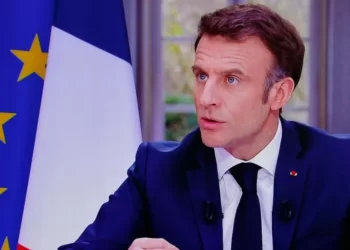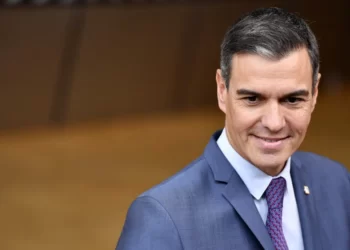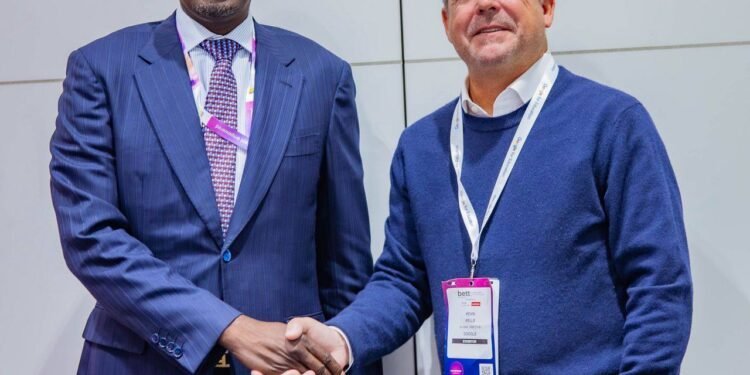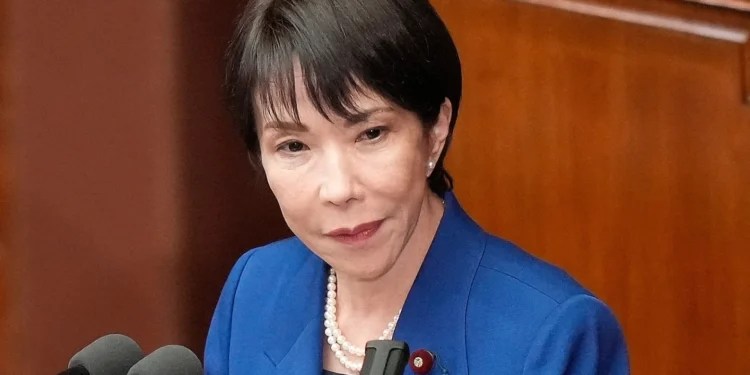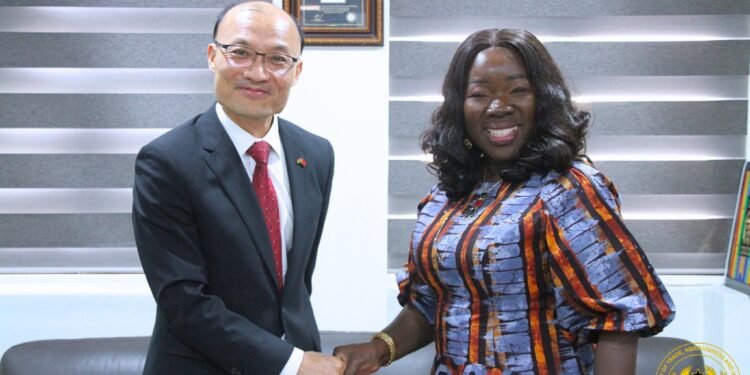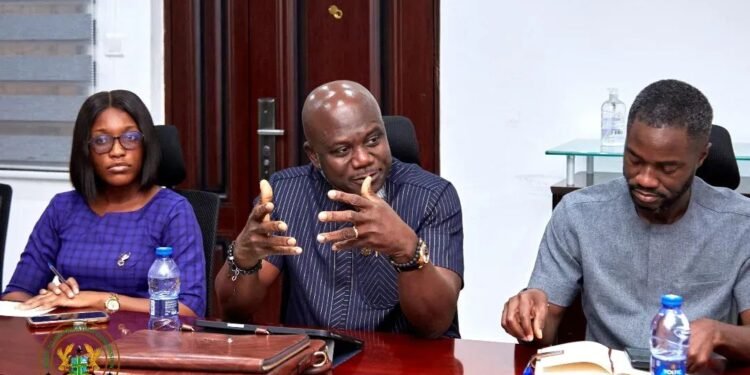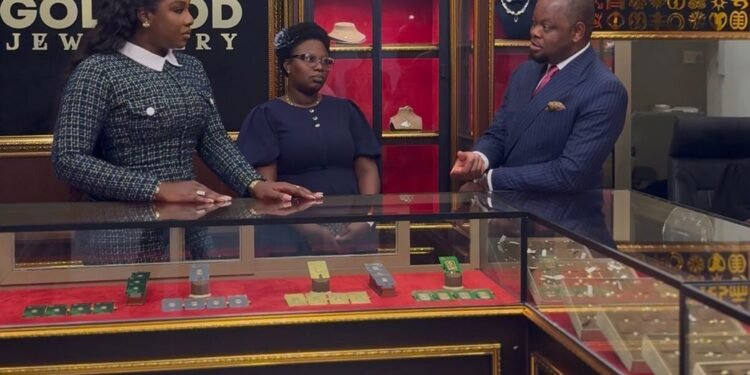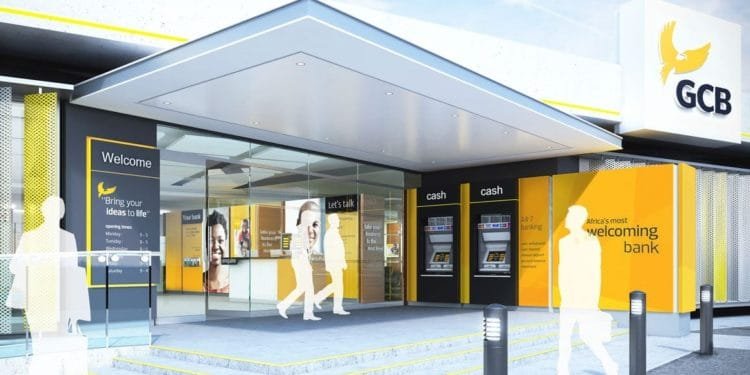The European Union (EU), has pledged funding for African leaders during a meeting held in Brussels, Belgium’s capital.
The meeting welcomed more than 40 African leaders to Brussels to reassert the EU’s influence on a continent where China and Russia have made hefty investments in roads, with many others feeling let down by Europe’s COVID-19 vaccines rollout.
The European Union will offer several packages of support at the summit to boost health, education and Africa’s stability, and will pledge half of a new 300-billion-euro ($340.9 billion) investment drive launched to compete China’s Belt and Road Initiative.
On the other hand, the meeting also takes place during a period when France and its allies fighting Islamist militants in Mali said they would begin their military withdrawal from the country (Mali).
European and other wealthy nations were heavily criticised for hoarding protective equipment and later vaccines during the pandemic, with some African leaders saying the slow pace of donations could lead to “vaccine apartheid”.
By the start of February 2022, only 11% of Africans were fully vaccinated against the coronavirus, which is far fewer than in wealthier parts of the world.
Sierra Leone President, Julius Maada Bio, challenged Europeans to remember there are “human beings on the other side” in Africa who have been left behind in the unequal global response to COVID-19, adding that this has security implications.
There was also dismay over Europe’s travel bans on South Africa after the Omicron variant was detected there late last year (2021).
South African President, Cyril Ramaphosa, averred he and other African leaders would raise the issue of intellectual property rights for COVID vaccines and treatments. Many developing countries want these rights waived, but are facing opposition from rich nations, including many from the EU.
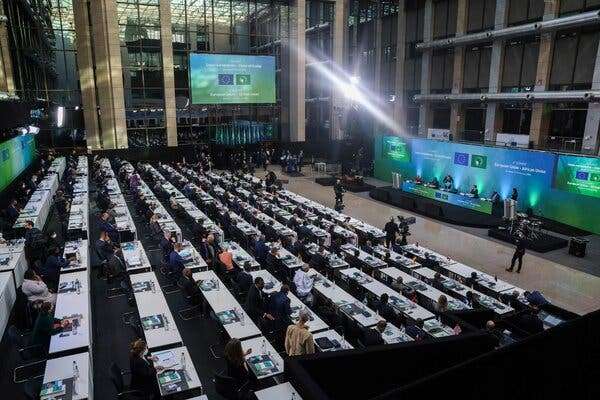
Avoiding Thorny Issues
Tensions run deeper on other issues between two continents with colonial ties, including over migration flows and the erosion of democracy in several African countries. Burkina Faso and Mali have recently seen coups d’etat.
An expert in regional studies at the United Nations University, Frank Mattheis, said the summit would seek to highlight areas where cooperation is promising and avoid thorny issues.
The European Commission announced this week that the EU and the Gates Foundation would invest more than 100 million euros in the next five years to help set up an African medicines regulator to boost the continent’s drugs and vaccine production.
The race to establish the African Medicines Agency (AMA) is influenced by the global pandemic, which exposed the region’s dependence on imported vaccines.
Statistics by the United Nations shows that just over 5% of medicines and 1% of vaccines are consumed by Africa’s population of 1.2 billion people, and are also produced locally. The EU says it will provide support to help Africa produce 60% of the vaccines it needs by 2040.
Part of the funding for the AMA will come from 150 billion euros to be mobilised for Africa over the next seven years under the EU’s Global Gateway scheme.
Separately, the European Investment Bank also announced on Thursday, February 17, 2022, that it would make available 500 million euros in cheap loans to African countries to strengthen healthcare systems. The bank said that the credit line is expected to mobilise a total of 1 billion euros in private and public investments.
A senior policy analyst at the Center for Global Development, W. Gyude Moore, welcomed the investment pledge and said he hoped it would start a partnership of true equals.
“But there is a long history of unfulfilled promises like this when it comes to the EU and Africa, so the African Union, while cautiously optimistic, will remain sceptical until this pledge is converted into projects on the ground.”
A senior policy analyst at the Center for Global Development, W. Gyude Moore
READ ALSO: Gold Fields Profit Up By 20%, Operations In Ghana Contribute Big




